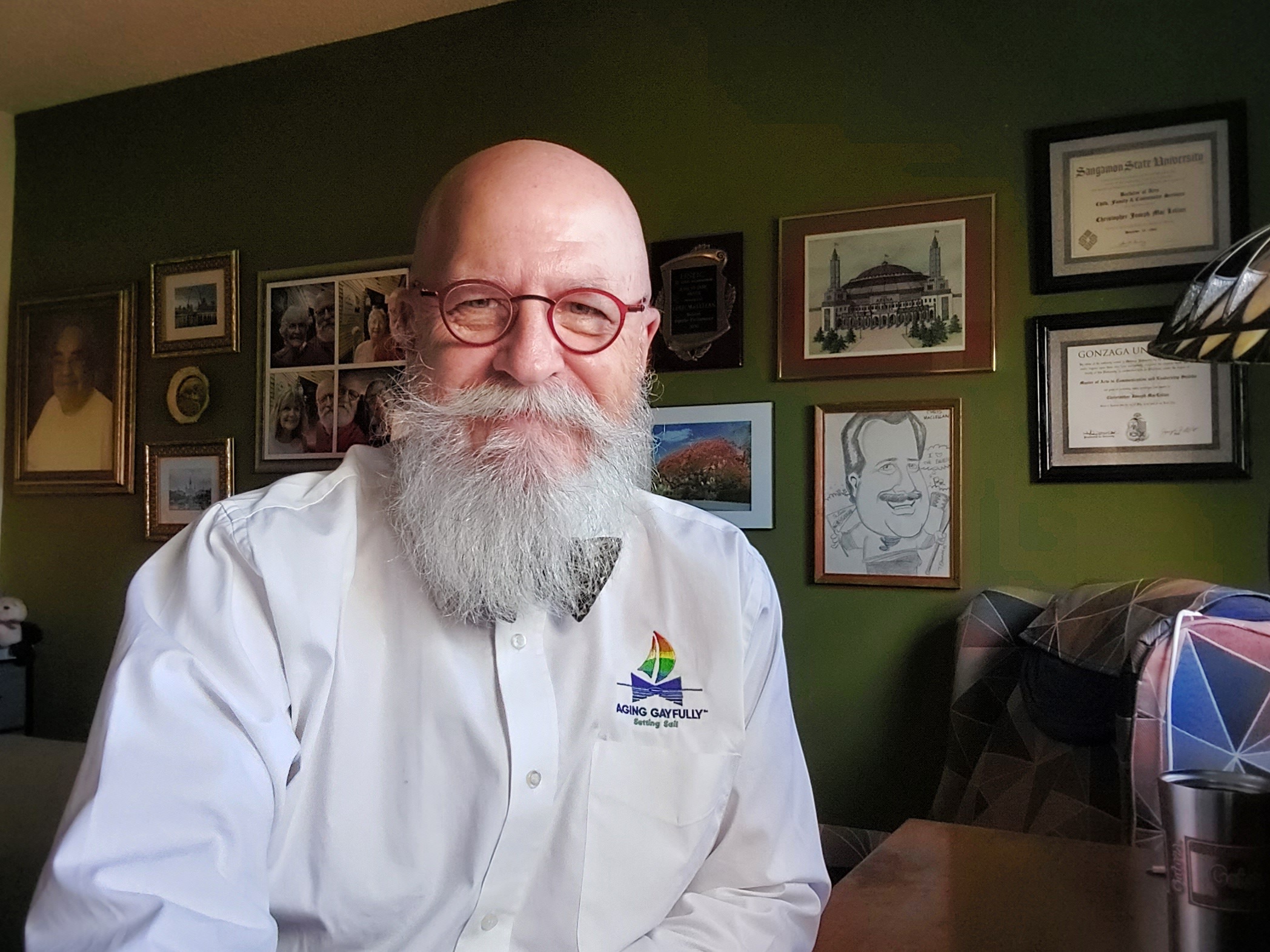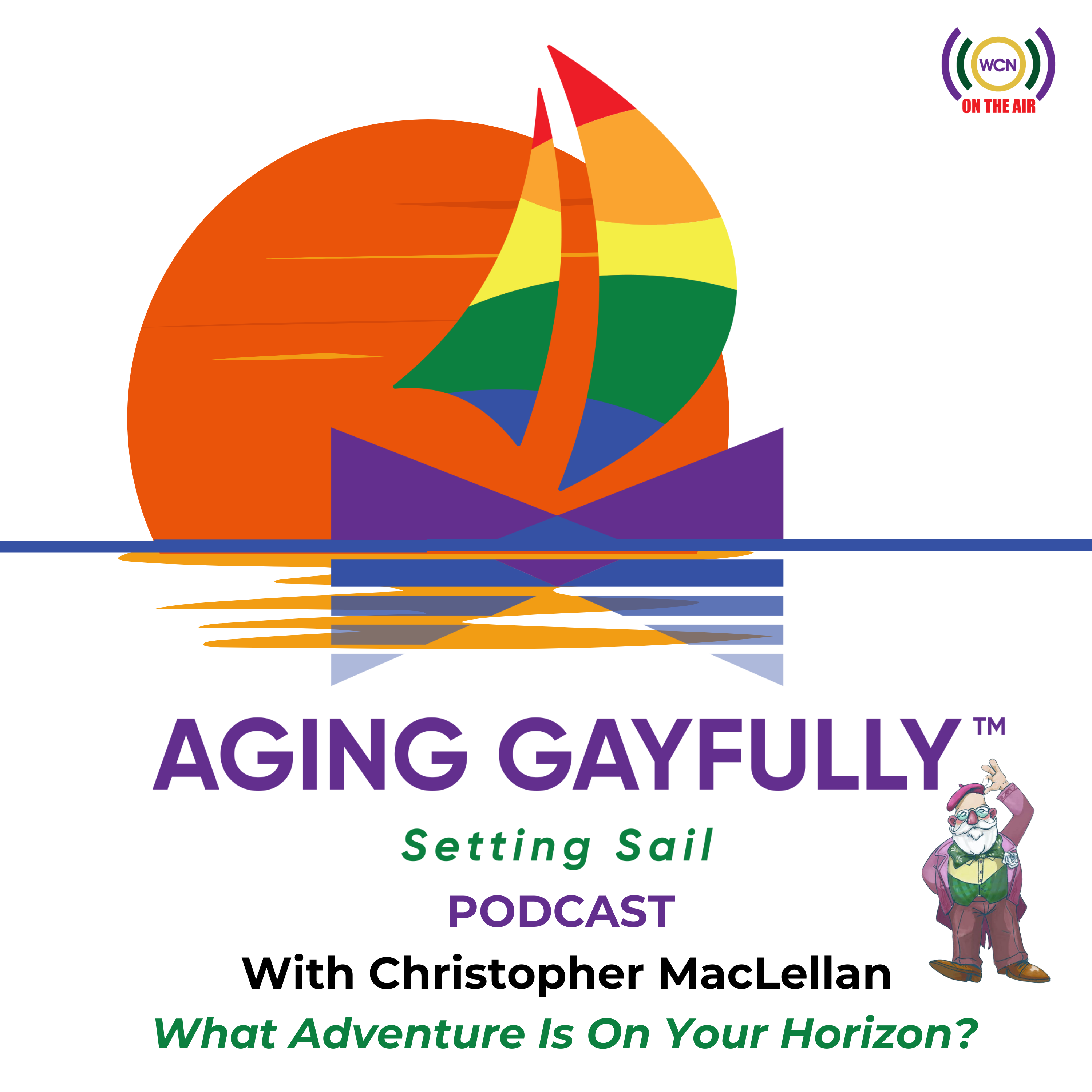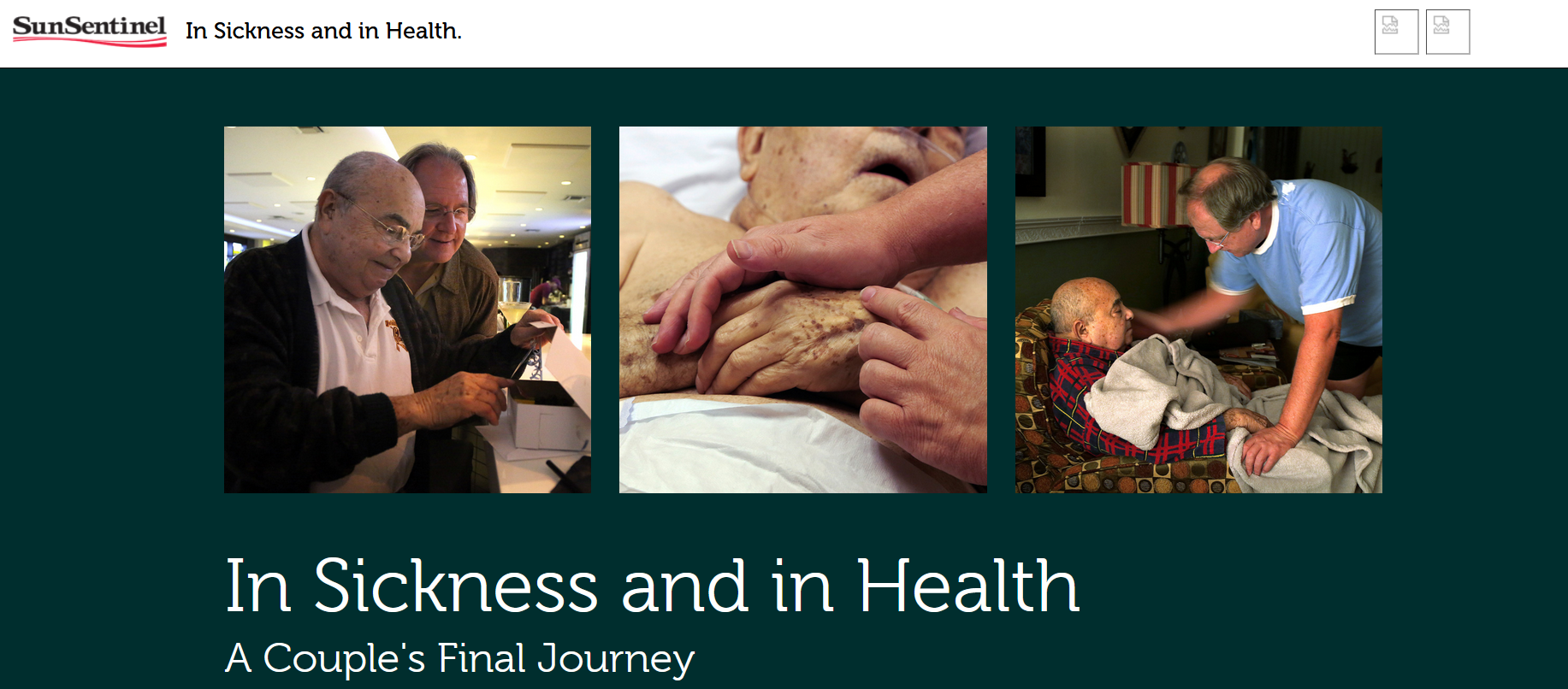Strength and growth come only through continuous effort and struggle. Napoleon Hill

Photo Credit: Neny2ki@blogspot.com
The road to Spokane got a little bumpy this past week as I ended up having to rewrite Chapter 2 of my thesis. No big deal, other than it will make this week a little more hectic as I approach my next deadline of February 22nd for Chapter 3, but the road is clear! Within the next week, I will have a survey to distribute and will be asking many of you to take an anonymous survey on Caregiving, Stress and its Impact in the Work Place. My good friend, Denise Brown at Caregiving.com has graciously offer to help in this process. Everything surrounding writing a thesis is a process, even down to having the survey approved by the department. It been quite a learning experience.
Approaching my fifty-ninth birthday, Richard’s 2nd anniversary of his life transition, and

Now Future Past
writing my thesis has afforded me the opportunity to take inventory of the past while pondering what lies ahead of me in the future. It’s pretty simple: can’t do anything about the past, not sure about the future, today is what is important. Boy, did it take me a few years, and a lot of knocks on the head to figure this out and...to apply this little bit of philosophy to my life. I thank my friend Sam for his sage advice, reminding me of the importance to let go and let live.
 I know during Richard’s illness and especially the last six months of his life, all my attention was solely focused on him. (And I have no regrets!) I constantly worried about tomorrow, along with worrying about the past, while in the process of being attentive to the present. Whew…What a load to carry! Adjusting my thought process to focusing on “today” has not be easy, but I sense the transition in my thought process is changing. Compassion fatigue is slowly withering away.
I know during Richard’s illness and especially the last six months of his life, all my attention was solely focused on him. (And I have no regrets!) I constantly worried about tomorrow, along with worrying about the past, while in the process of being attentive to the present. Whew…What a load to carry! Adjusting my thought process to focusing on “today” has not be easy, but I sense the transition in my thought process is changing. Compassion fatigue is slowly withering away.
Over the years while writing this blog, I’ve focused most, if not all of my attention of my writing about Richard’s illness and our life together. While I did the writing, Richard and I conversed regularly about the next topic to post on the blog. This blog was one of the many things that we enjoyed doing together. Now I write in memory of Richard, anticipating what lies ahead for me.
I think one of the reasons life after caregiving has been so difficult for me is because my perceive purpose in life changed at the time of Richard’s life transition. I am now just learning, thanks to my friend Sam, that is not the case. My purpose in life is to take care of myself too. Like so many other caregivers, my life got caught in the shuffle of the day-to-day responsibilities of being a family caregiver. You lose yourself in the midst of caregiving: somehow, one has to get their life back. Sometimes you do have to look into your past to  find your future.
find your future.
Part of my past includes bowling professionally in the mid 80’s. Traveling on the Pro Bowlers tour was quite an exhilarating experience. Most people who know me today would be surprised to know that underneath my perceived laid-back personality, was (is) a very highly competitive, emotional bowler. When asked about my bowling career, I always use a baseball analogy, “great at the Triple-A level, just could not get over the hump to be successful in the major leagues.” (I will leave the reasons for that for another blog post.) The last professional tournament I bowled was in 1987 in Baltimore, MD., and while I dabbled from time to time in league bowling, I have not picked up a bowling ball since I last bowled in a league in 2001. That changed just a few weeks ago.
My friend Sam encouraged me to start bowling again with some of his friends who go to the lanes on a weekly basis. Reluctant at first, (and fearful that my arm might fall off after my first throw), I decided to give it a go. Since that first endeavor to the lanes a month ago, I have been bowling now 4 more times. Even without my own bowling ball and shoes, I have had a blast and will look forward to getting in better physical shape so I can bowl more games this year.
I have heard some suggest that those who do not learn from the past are destine to repeat it. I understand the meaning behind this statement. What I have learned from my recent past is not to live in fear and isolation. However, what if we looked into a part of our past in order to help us find meaning to the present, and to our future? Many people over the years have asked me why don’t you bowl? Life-long bowling friends have said to me, “I can’t believe you don’t bowl anymore.” Yet for some reason, my friend Sam got me to bowl again and I will be forever grateful because I learned a lesson about having fun again and more importantly, letting go of fear and isolation.
Sam is kind of in the same lane I am in, his partner of 19 years passed away in March of 2015, yet his grief process is different from mine. That is to be expected! However, through his grief process, he has helped me along the road to step outside my isolation and comfort zone. Bowling was the key that has started the engine: Somehow I think Sam knew that!
Now, I am not saying that I am going to go out and get in shape an bowl a few tournaments again. But who’s to say that I can’t do that…I am not fearful anymore! I bowled for a living for a number of years, now bowling has reminded me how to enjoy life again. In planning your future after caregiving ends, take a step back and remind yourself to enjoy life to the fullest, even if it means taking a look at your past. Along the way, I hope you find a Sam in your life to help open the lane for you to your present and future.
I’m not bowling for dollars anymore, however I am bowling to get my life back, which far exceeds any monetary value.
Chris MacLellan is affectionately known as “The Bow Tie Guy” in many caregiving circles and is the author of “What’s The Deal With Caregiving” and the host of “Healing Ties” radio program.
 with caring for a loved one. On Wednesday August 30th, Impact Broward is taking the bold step to brings the issues facing working family caregivers and their employers to the forefront in Broward County, Florida with the Work/Life Caregiving Symposium hosted at the Urban League of Broward County in Fort Lauderdale.
with caring for a loved one. On Wednesday August 30th, Impact Broward is taking the bold step to brings the issues facing working family caregivers and their employers to the forefront in Broward County, Florida with the Work/Life Caregiving Symposium hosted at the Urban League of Broward County in Fort Lauderdale.
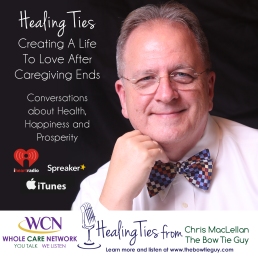

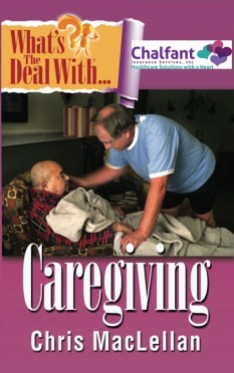
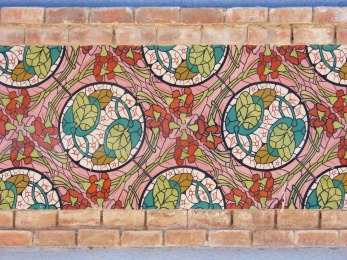 power drive or to acquire material possessions.” While Servant Leadership focus is on Business, Managers and Work Place Culture, I see a connection to Caregivers as Servant Leaders because of our role to serve first, to advocate, to be the voice for those who could not speak, to put ourselves second.
power drive or to acquire material possessions.” While Servant Leadership focus is on Business, Managers and Work Place Culture, I see a connection to Caregivers as Servant Leaders because of our role to serve first, to advocate, to be the voice for those who could not speak, to put ourselves second. As a young man, my fear always centered around my sexual orientation. As I have grown older, my fear has shifted to fearing success. What a quagmire; life is a process...I am letting go of my fears.
As a young man, my fear always centered around my sexual orientation. As I have grown older, my fear has shifted to fearing success. What a quagmire; life is a process...I am letting go of my fears. Pollyanna world. However, when we focus our communication to others with love, we tear down walls, not build them. We lift people up, not criticize them. We disagree with respect, and learn from our differences. We then break the Spiral of Silence
Pollyanna world. However, when we focus our communication to others with love, we tear down walls, not build them. We lift people up, not criticize them. We disagree with respect, and learn from our differences. We then break the Spiral of Silence message of love? Listen in and learn how Jeff Johnson is eliminating fear (and the Spiral of Silence) through the Love Not Fear Movement! Because in the end…Love Is The Winner!
message of love? Listen in and learn how Jeff Johnson is eliminating fear (and the Spiral of Silence) through the Love Not Fear Movement! Because in the end…Love Is The Winner! 

 in Leadership and Communication from
in Leadership and Communication from  I am getting ready to embark on a new road, (one that is not virtual as was my road to Spokane); I look ahead with anticipation and excitement because I am creating a life to love after caregiving ends through writing, radio, travel and advocacy.
I am getting ready to embark on a new road, (one that is not virtual as was my road to Spokane); I look ahead with anticipation and excitement because I am creating a life to love after caregiving ends through writing, radio, travel and advocacy. While I do not attempt to psychoanalyze these dreams, it has made me stop and think about my role as a family caregiver and my life after caregiving has ended. I know in my heart and my mind that I did all I could for Richard and no matter what I think I could have done differently, nothing was going to change Richard’s destiny as the cancer had spread throughout his body. However, the knowledge of knowing and accepting that I did all I could for him, does not change the fact of how much I miss him.
While I do not attempt to psychoanalyze these dreams, it has made me stop and think about my role as a family caregiver and my life after caregiving has ended. I know in my heart and my mind that I did all I could for Richard and no matter what I think I could have done differently, nothing was going to change Richard’s destiny as the cancer had spread throughout his body. However, the knowledge of knowing and accepting that I did all I could for him, does not change the fact of how much I miss him.



 Birthday’s come and go, some have more meaning than others. No matter how long I live, I will always admire my sibling for their graceful aging. Additionally, I will always remember greeting Richard in the doctors office on my 57th birthday to find him sitting there with balloons tied to his chair, waiting for me to arrive so that he could surprise me with his big birthday splash…. It’s a memory etched in stone.
Birthday’s come and go, some have more meaning than others. No matter how long I live, I will always admire my sibling for their graceful aging. Additionally, I will always remember greeting Richard in the doctors office on my 57th birthday to find him sitting there with balloons tied to his chair, waiting for me to arrive so that he could surprise me with his big birthday splash…. It’s a memory etched in stone.



 I know during Richard’s illness and especially the last six months of his life, all my attention was solely focused on him. (And I have no regrets!) I constantly worried about tomorrow, along with worrying about the past, while in the process of being attentive to the present. Whew…What a load to carry! Adjusting my thought process to focusing on “today” has not be easy, but I sense the transition in my thought process is changing. Compassion fatigue is slowly withering away.
I know during Richard’s illness and especially the last six months of his life, all my attention was solely focused on him. (And I have no regrets!) I constantly worried about tomorrow, along with worrying about the past, while in the process of being attentive to the present. Whew…What a load to carry! Adjusting my thought process to focusing on “today” has not be easy, but I sense the transition in my thought process is changing. Compassion fatigue is slowly withering away.  find your future.
find your future. 



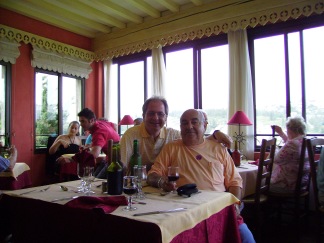


 Oh, there are many things I still want to do that were on our bucket list: visit the Grand Canyon, drive to Mount Rushmore, fly to Hawaii, more transatlantic cruises and a train ride through the Canadian Rockies. Now it is time to dust off the bucket list!
Oh, there are many things I still want to do that were on our bucket list: visit the Grand Canyon, drive to Mount Rushmore, fly to Hawaii, more transatlantic cruises and a train ride through the Canadian Rockies. Now it is time to dust off the bucket list!
 So I think adding a little asterk at the end of your bucket list to include Caregiving is a great thing to do. The asterk can be a subtle reminder to have all your legal documents in order, or to be mindful of the unexpected, but most importantly-the asterk will remind you not to procrastinate and accomplish as many items on your bucket list as possible, because before you know it, the asterk arrives at the top of your list and your bucket list then starts to gather dust.
So I think adding a little asterk at the end of your bucket list to include Caregiving is a great thing to do. The asterk can be a subtle reminder to have all your legal documents in order, or to be mindful of the unexpected, but most importantly-the asterk will remind you not to procrastinate and accomplish as many items on your bucket list as possible, because before you know it, the asterk arrives at the top of your list and your bucket list then starts to gather dust.
 a new more glorious form. In Scotland and Ireland, a yellow butterfly near the departed means the soul is at peace. When I told my story to my two friends’ (at different times) both recounted their own story about a yellow butterfly in their life, and how a yellow butterfly appeared out of nowhere when they were in the midst of feeling sad about the loss of a loved one. In both accounts, I was told of the comfort the yellow butterfly brought to my friends and the message they conveyed to me was similar to the beliefs what our friends in Scotland and Ireland believe: the soul is at peace and you can be at peace too!
a new more glorious form. In Scotland and Ireland, a yellow butterfly near the departed means the soul is at peace. When I told my story to my two friends’ (at different times) both recounted their own story about a yellow butterfly in their life, and how a yellow butterfly appeared out of nowhere when they were in the midst of feeling sad about the loss of a loved one. In both accounts, I was told of the comfort the yellow butterfly brought to my friends and the message they conveyed to me was similar to the beliefs what our friends in Scotland and Ireland believe: the soul is at peace and you can be at peace too! 


 There is no rhyme or reason to this “text” message: no message inside the text, just his smiling face on my screen. My phone carrier can’t explain it because his old numbers are not in service, and if they were, “how would the new owner know to text my number” the tech said? I have been cautious to share this story because I have had a hard time understanding the meaning of this text message – that is until I think of the meaning of the yellow butterfly!
There is no rhyme or reason to this “text” message: no message inside the text, just his smiling face on my screen. My phone carrier can’t explain it because his old numbers are not in service, and if they were, “how would the new owner know to text my number” the tech said? I have been cautious to share this story because I have had a hard time understanding the meaning of this text message – that is until I think of the meaning of the yellow butterfly!